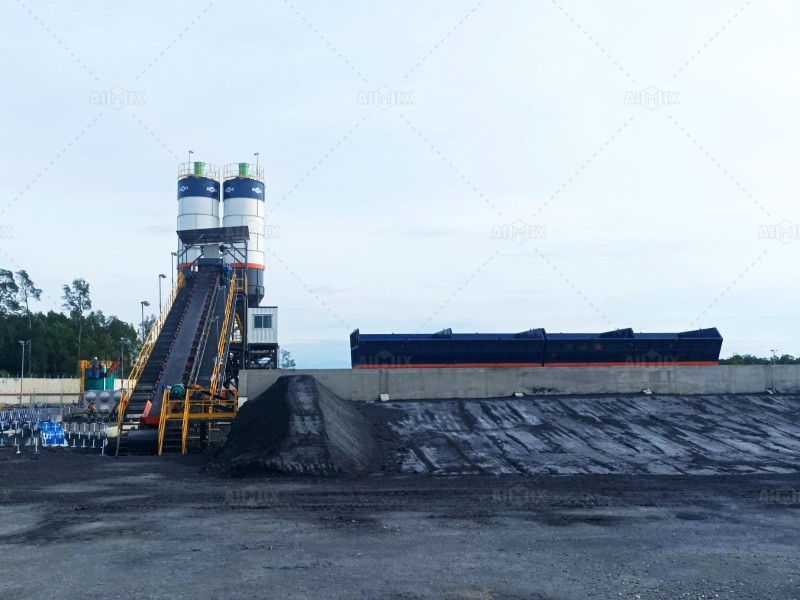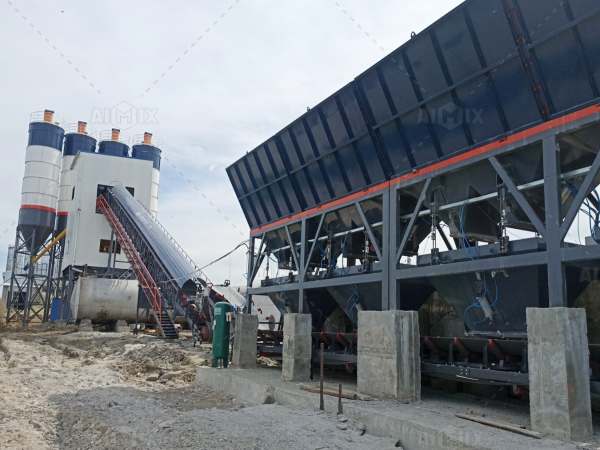In the modern construction industry, time, cost, and quality are the three defining factors that determine project success. Contractors and developers are increasingly turning to advanced technologies to optimize operations, and one area where innovation is making a major impact is concrete production. A concrete mixer plant for sale today is no longer just a set of silos and conveyors—it is a fully automated system designed to deliver consistent quality concrete while reducing manual labor and operational costs.
With automation, concrete batching plant suppliers are reshaping how contractors approach construction projects, offering solutions that maximize efficiency and ensure long-term profitability.

A concrete mixer plant is a facility designed to combine cement, aggregates, water, and additives into ready-mix concrete. Traditionally, batching and mixing processes required significant human input, which often led to inconsistencies in quality and delays in production.
Automation has changed this landscape. Modern plants are equipped with computerized systems that handle every stage of batching—from weighing raw materials to controlling mixing times and managing discharge. These innovations are not only making concrete production faster but also ensuring repeatable accuracy in every batch.
Automation in concrete mixer plants brings measurable benefits that directly enhance project outcomes:
For contractors evaluating a concrete mixer plant for sale, automation has become a critical factor influencing both cost savings and operational reliability.
One of the biggest advantages of automated plants is the significant reduction in operating costs.
Over the plant’s lifespan, these savings often outweigh the higher upfront investment in automation.

Automation allows batching plants to adapt to a wide range of project requirements:
This versatility makes automation an appealing choice regardless of project size or type.
The demand for efficiency has pushed concrete batching plant suppliers worldwide to innovate and provide smarter solutions. Some notable trends include:
By working with experienced suppliers, contractors not only gain access to advanced technology but also benefit from training, after-sales service, and local spare parts availability.
When looking for a concrete mixer plant for sale, contractors should evaluate the following aspects:
By carefully analyzing these factors, contractors can secure equipment that delivers both immediate and long-term returns.
The future of concrete production is firmly tied to automation. As labor shortages and rising material costs challenge the construction sector, automated concrete plants offer an effective solution to control expenses and maintain quality. Suppliers are expected to integrate more advanced AI-driven technologies, smart sensors, and sustainable solutions, making future plants even more efficient.
For contractors, investing in an automated concrete mixer plant for sale today is not just about improving productivity—it is about staying competitive in a rapidly evolving construction market.

Automation has transformed the role of a concrete mixer plant from a basic production unit into a smart, cost-saving system that ensures quality, reduces waste, and maximizes efficiency. With the support of innovative concrete batching plant suppliers, contractors can benefit from advanced technology that drives both profitability and sustainability.
Whether for small-scale housing projects or large-scale infrastructure development, an automated concrete mixer plant is a long-term investment that enhances operational reliability and keeps contractors ahead in an increasingly demanding industry.